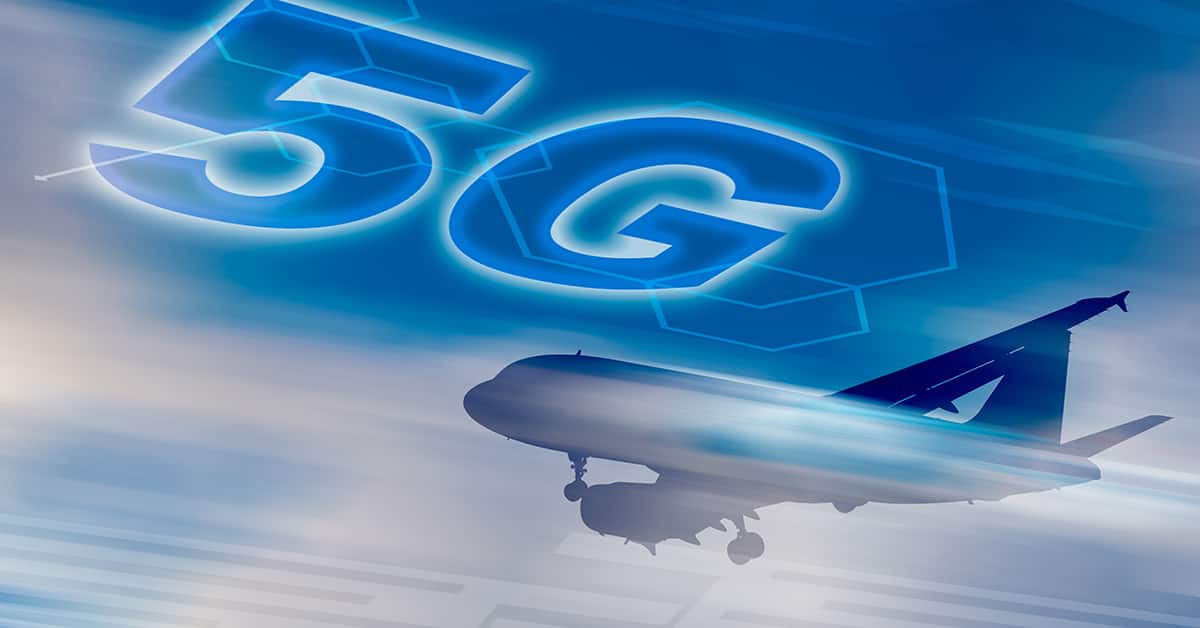5G signals operate in the same frequencies (the C-band) as the radar equipment on some jets.

The next generation of wireless mobile technology was rolled out in the US last month—not without some difficulty, though. The US Federal Aviation Administration, along with most major US airlines, warned of potential for serious disruption to flight operations due to 5G technology interfering with cockpit radio devices. Hundreds of flights to, from and within the US were canceled in January, and more appear to be at risk.
“5G interference could be potentially dangerous during low-visibility landings, giving false indication to the pilots and possibly affecting aircraft performance,” a US commercial airline pilot explained to Global Finance. He asked to remain anonymous, as he is not authorized to speak for the airline.
5G signals operate in the same frequencies (the C-band) as the radar equipment on some jets. A possible interaction with the radio altimeter—a device that determines the distance of an aircraft from the ground—could compromise a pilot’s ability to land safely, especially in bad weather. Authorities are delaying 5G rollout and restricting potentially affected flight paths, as they seek to assess and address the problem. “They are doing more tests,” adds the pilot. “It may affect delays or cancellations, but it’s not necessarily a risk to lives.”
Most major US hubs are affected, from New York to Dallas and San Francisco, as well as some aircraft like the Boeing 777 and 787 that are commonly used by carriers worldwide. Japan Airlines, British Airways, Emirates and many other international carriers suspended flights into some US airports, with one CEO calling it “utterly irresponsible” of the US. If not resolved, the issue could impact millions of international passengers as well as freight deliveries, hampering FedEx, UPS and the USPS.
The FAA is working with airlines to develop a new range of 5G-safe altimeters. Meanwhile, many areas within a two-mile radius of airport runways have been shielded to limit potential interference. However, telecom giants AT&T and Verizon, which have spent $80 billion to get hold of most 5G frequencies in the US, delayed the rollout, and may be reluctant to grant further concessions.



